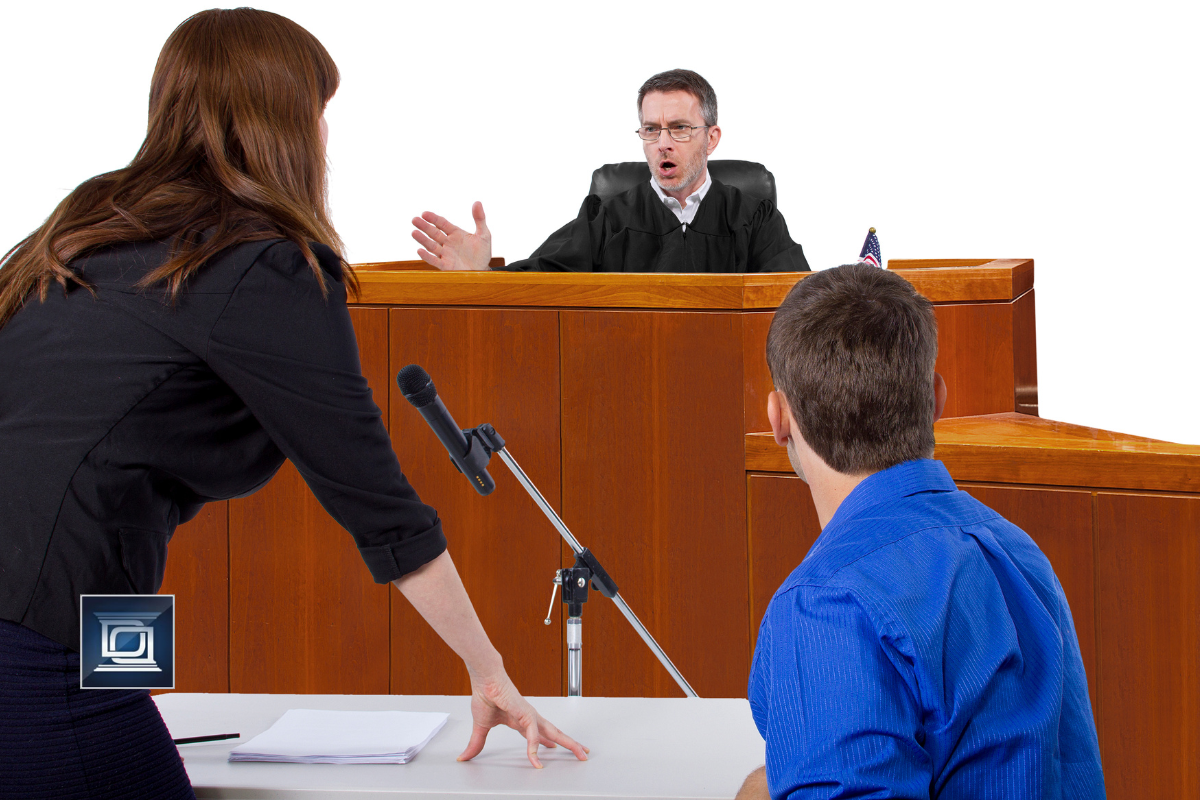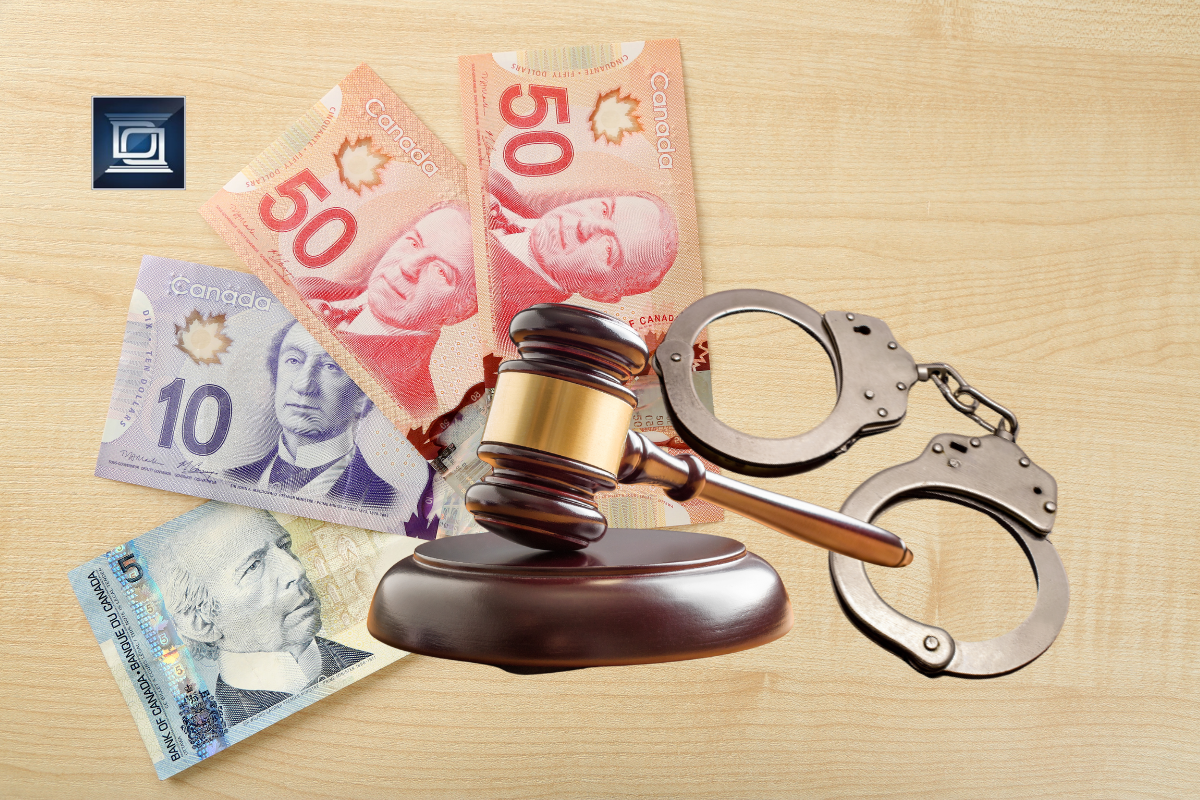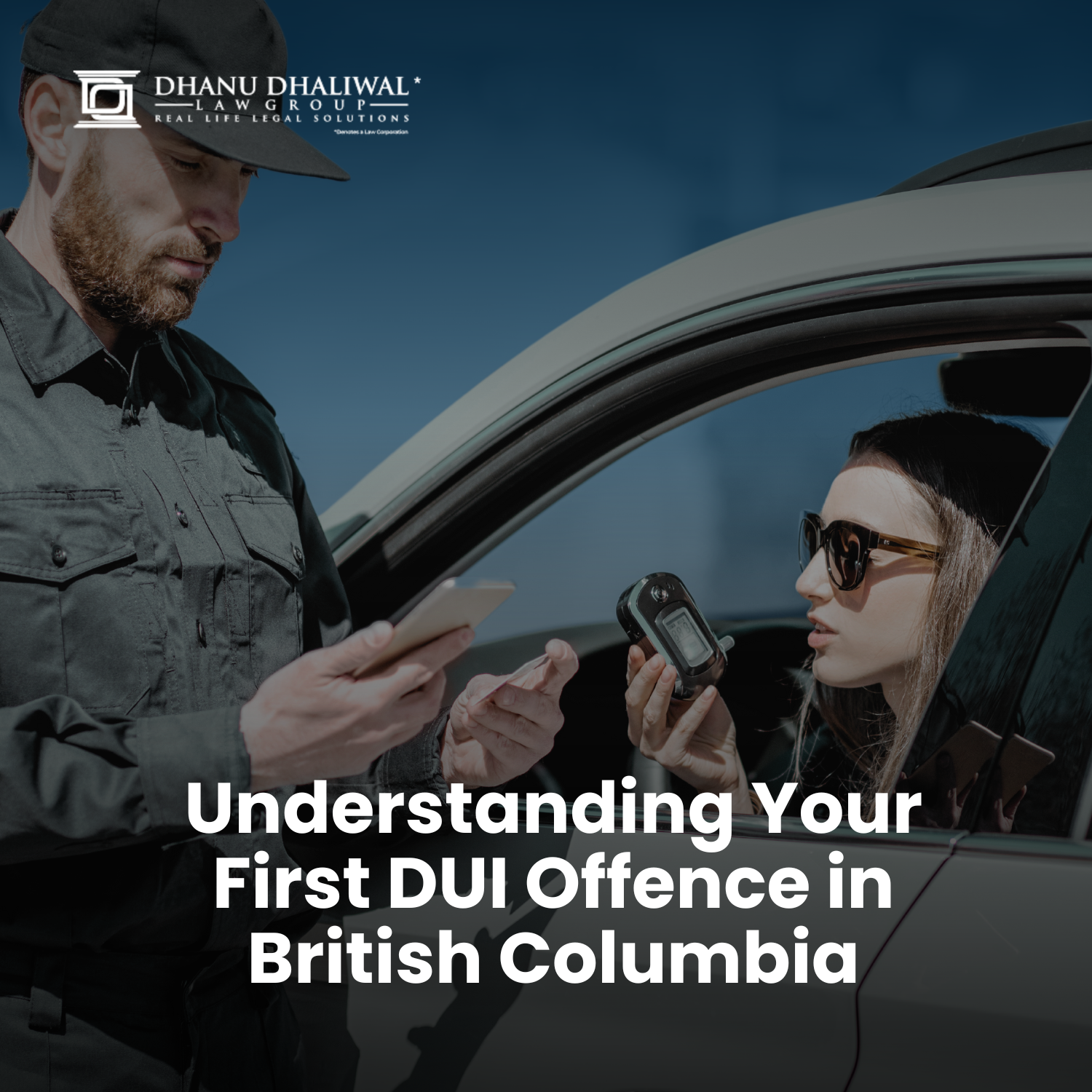Bail is a court order allowing you to remain in the community until your criminal case is finished. You must sign this court order and promise the court that you’ll follow certain conditions. These conditions are rules that you must follow while you’re out on bail. Break these rules, and you’ll be put in jail until your trial. But what if you don’t like these rules? Well, no problem, because you can change bail conditions (within reason) to better fit your needs. And it’s not even that hard.
There are two ways to change the conditions of your bail.
These also apply to a police undertaking. A police undertaking is similar to bail, but a police undertaking is a promise to the police instead of to the court.
The two ways to change bail conditions are:
- You can ask for a consent variation, or
- You can apply for a bail review in the Superior Court of Justice.
It’s a good idea to hire a criminal defence lawyer to help you with this. Duty counsel do not usually help with variations or bail reviews.

Change Bail Conditions with Consent Variation
Consent variation is when the Crown agrees to change your bail conditions. To get the Crown to agree, you or your lawyer must explain to the Crown why you need the changes.
If the Crown agrees, then you, your surety, and the Crown will fill out a form and send it to the court. A consent variation does not cost anything, and it can usually happen quickly.
While the Crown agrees to consent variations all the time, they don’t do so lightly. You will need to provide a good explanation as to why you cannot meet the conditions originally laid out for you. Often, the Crown looks for proof of these claims as well.
If the Crown agrees with the change, you and your surety can fill out the Application for Consent Bail Variation form and email it to the Crown. The Crown will fill in their part and send the form to the court. It may benefit you to attach a copy of your original bail document to your bail variation form. This avoids any confusion about the terms that you want to change.
Once this is complete, the court decides if your changes should be approved. Remember, you must follow your original bail conditions until the court emails you an approved form.
The court may order a hearing to get more information from you and the Crown about your consent variation before approving your changes. At the hearing, your lawyer can give the court information that shows why your conditions should be changed.
If the Crown ultimately doesn’t agree to the change, you can apply for a bail review by a judge in the Superior Court of Justice.

Change Bail Conditions with Bail Review
If the Crown doesn’t agree to change your conditions, you can apply to the court for a bail review.
Just a warning: A bail review can be expensive. It also takes longer than a consent variation.
To apply for a bail review, you must give three things to the Crown:
- Your Notice of Application
- Transcripts of your original bail hearing
- Affidavits from you and your surety
In your Notice of Application, you must state the date that you want to have your bail review hearing.
You must also give the notice, along with your transcripts and affidavits, to the Crown at least 2 days before the hearing date.
Sometimes the Crown will agree to change your conditions after they review your application. But if the Crown doesn’t agree, you’ll have a hearing with a judge.
To succeed at the hearing, you must convince the judge that there was either an error during your original bail hearing or there was a material change in circumstances since your bail hearing.
A material change is a change that affects your bail. For example, a change in your work schedule or a changing who your surety is both count as material changes.
To argue that there was an error during your hearing, you must prove that there was a legal mistake during the hearing. Your lawyer can help you identify mistakes in your hearing, if there are any.
If the judge agrees that there was a material change or an error of law, then you must still convince the judge that the changes you want are still a good bail plan.
Get Help from a Criminal Defence Lawyer
The criminal defence lawyers at Dhanu Dhaliwal Law Group have extensive experience helping clients change bail conditions. Our team is also prepared to defend you in court and provide the best criminal defence possible.
In fact, DDLaw’s co-founder Rob Dhanu is a former Crown Prosecutor, with years of experience on the other side of consent variations and bail hearings.
Contact Dhanu Dhaliwal today by calling one of our offices, or by filling out our contact form.






